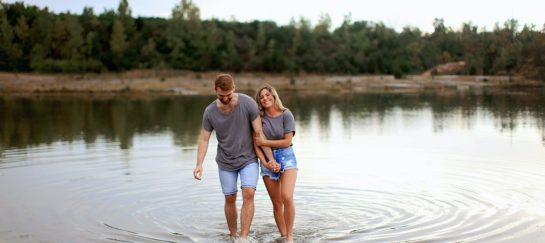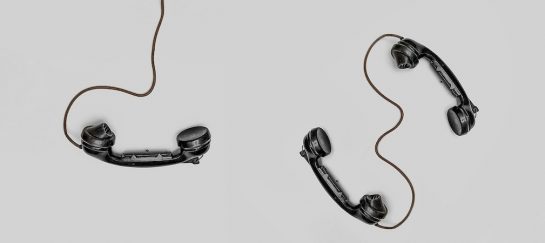
Catfishing And COVID-19 – How to protect yourself
Since the COVID-19 pandemic began, there has been an increase in online scams and fraud. One of the most common types of fraud is catfishing, where someone creates a fake online profile to trick someone into dating them, or worse. Here are some tips on how to protect yourself from catfishing and other online scams during this time of heightened risk.
Always Be Cautious
It is important to use your best judgment and common sense when interacting with anyone online, even if they seem like a nice person. Remember that the person you are talking to could be a catfish or someone pretending to be someone else. Never share personal information such as bank account numbers, social security numbers, etc., until you feel comfortable with the person you are talking to and know them well enough through multiple interactions.
Be Realistic
Don’t expect too much from people online. Even though we want to make friends during these difficult times, it is important to set realistic expectations for what can happen in this environment and not get your hopes up too high. Keep in mind that you might end up deleting most of your circle on Facebook after a while because the majority of your friends were just catfish anyway.
Don’t Trust Anyone
Not everyone you talk to online is out there to scam you or hurt you. It may be easy to tell if someone seems like they are trying to use you for financial gain, but many people might not ever show their true intentions because it may feel too risky at first. Many good-intentioned people will back off and stop talking to you if they think they are getting too close to revealing who they really are. If this happens, give them time and space and maybe try reaching out again later on down the road, when everyone feels more comfortable with each other’s identities. This could take weeks or even years before that person feels ready to reveal their true self again.
Never Share Personal Information Online
This is a rule to follow, even if you feel like you know someone well enough to let your guard down around them. Remember that anything you say or share over the internet can be captured and stored in many different places, and there is no way of getting it back once it’s gone. Unfortunately, because this pandemic has made so many people desperate and willing to do just about anything to get by, there are plenty of bad actors out there who would never think twice about using any information they gather from potential targets against them in the future. Sharing personal information online might save you time and energy at first, but in the long run, it will only leave you vulnerable to scams that could have been avoided in the first place.
Check Up On Anyone You Don’t Know Well
It would be best if you always did a little research on anyone you plan to talk to online before getting too involved with them. If they claim to be from another state or country, call up the local police and ask if your new friend has ever been arrested or wanted by the law. This might take some extra time and effort, but it’s worth it if you can avoid falling victim to predators and their COVID-19 related scams. Aside from having access to arrest records through any police station in their jurisdiction, there are plenty of other resources available online where you can check up on people without even having their real names. Look for social media profiles, employment information, and even personal websites where they might be trying to sell you something.
Keep It Offline
Not only is it easy to be catfished by someone posing as someone else online, but it’s also very simple for them to pull off a scam with no real way of you tracking them down afterward. If you plan to meet up with someone in person for the first time, make sure that your first interaction occurs somewhere public and well lit. This will give both of you an opportunity to make sure that things are working out before moving forward one step at a time. Remember to watch out for any red flags along the way, though, because this might not be the best environment for making new friends either.
Remember that not everyone is out to get you online. There are just as many good people out there who are trustworthy and open about their true identities, but they might be more difficult to find for some people than others. If you aren’t looking for long-term relationships or impossible connections with perfect strangers, then this shouldn’t really bother you too much at all. You never know what kind of opportunity might come your way by simply making casual conversation with someone new on a service like Facebook Messenger, though. Almost everyone has something in common if the right person comes along, which means it’s worth taking some time to talk to them openly and honestly instead of pretending like you’re someone else entirely.
Daily Newsletter
Subscribe to Jebiga for a dose of the best in gear, design, rides, tech and adventure.






